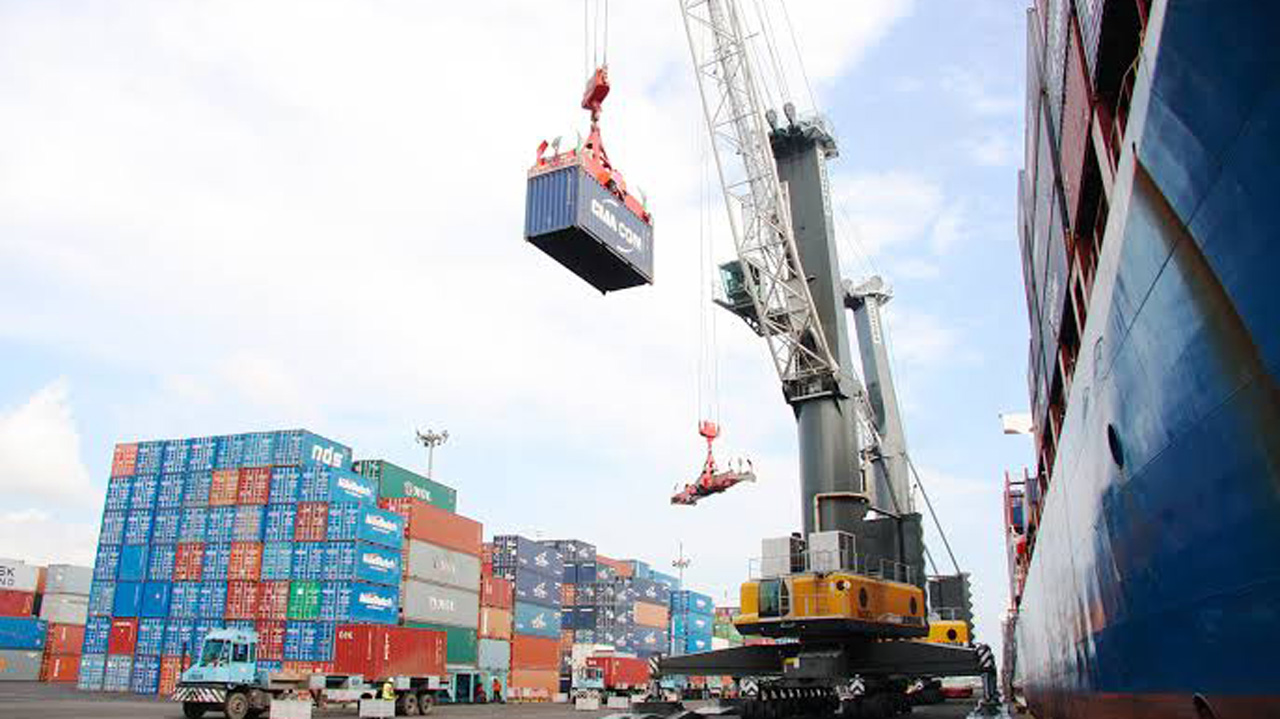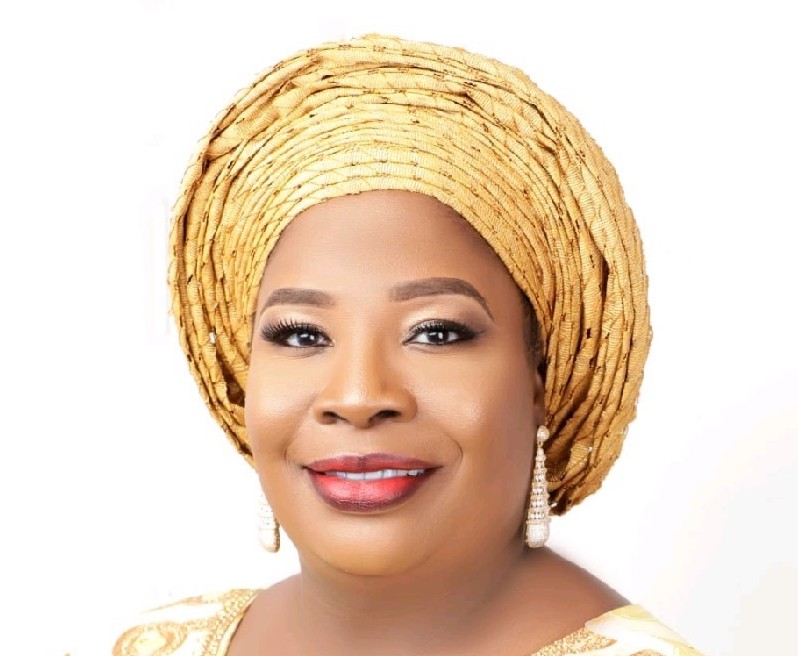
As a matter of fact, in the last five years or so, there has been a steady decline in Nigerian fleet due mainly to a lack of financing occasioned by the economic situation in the country. This is what the Cabotage Vessel Financing Fund (CVFF) sought to address, but it has so far not been possible to get it off the ground because of administrative bottlenecks.
Nigeria has been without a flag carrier for more than three decades, and as such, has been relying on foreign shipping companies for all its seaborne trade. Due to the high cost of acquiring ships, it has also not been possible for individuals to float shipping companies that can favourably compete with foreign shipping firms.
Ship repair is about having the required facilities to carry out repairs and maintenance of vessels in the country. The absence of a dry dock in the country compelled the Nigerian Maritime Administration and Safety Agency (NIMASA) to embark on the purchase of a multi-million dollar modular floating dock, to serve that purpose. The challenge of where to locate the dock made NIMASA to enter into an agreement with the Nigerian Ports Authority (NPA) to use its continental shipping yard for the facility, for use as its floating dock in the capacity of managers.
The foregoing issues and many others boil down to inadequate funding of the Nigerian maritime sector. It is not difficult to know that as lofty as it is, the CVFF, when operational, would only scratch the surface of the problem of financing shipping activities in the country, considering what is required to make the shipping industry a viable one. Worthy of mention also is the fact that existing financial institutions have limited capacity to finance the country’s shipping industry. Besides, they have very little understanding of issues related to the industry.
Some may find it surprising that the Central Bank of Nigeria (CBN) does not have a specialized desk that handles issues that are related to the maritime sector, despite having specialized units for agriculture, manufacturing and, lately, the creative industry.
This is where the issue of a separate and specialized financial institution for the maritime sector comes in. There is, indeed, a compelling need for the establishment of a maritime bank to act as a catalyst for the development of the sector. The need is all the more compelling because of the increasing awareness about, and activities in, the maritime sector, which stem from the realization of the fact that it is a gold mine with the capacity to replace oil as the country’s economic mainstay.
Activities associated with the blue economy, which will definitely be on the increase as individuals and companies try to tap into the enormous opportunities in the maritime sector will require huge funding that the commercial banks may not be in a position to handle. This, therefore, calls for a specialized bank that can speak the language of maritime and also provide adequate funding for the sector based on good understanding and appreciation of the peculiarities of the sector. This will be in line with the treatment other critical sectors of the economy have received.
We have some specialized banks in the country today, which were set up to finance the development of some critical sectors of the economy. There is the Bank of Industry that caters for the manufacturing sector. The Development Bank of Nigeria was set up to help alleviate the financing constraints of micro, small and medium enterprises, as well as big manufacturing concerns. The Infrastructure Bank was established for the purpose of financing infrastructure development across the country. We also have the Bank of Agriculture that finances agricultural development in the country.
In my book, Harnessing Nigeria’s Maritime Assets, I made reference to the agitation by the Nigerian Ship Owners Association for the establishment of a maritime bank, and the reasons they advanced for the agitation, which are quite germane. Among others, the association believes such a specialized bank is needed to facilitate the financing of vessels acquisition, development of dockyards, shipyards, shipbuilding and general maritime infrastructure development.
Without meaning to play down on the importance of other sectors for which specialized banks have been established, the importance of a maritime bank cannot be over emphasized. In order to make it succeed in achieving the objectives for its establishment, a maritime bank would be private-sector driven, though set up by the government. The Nigerian Liquefied Natural Gas company is an example of a government-established, private sector-driven organization that has maintained a trajectory of success since its establishment.
A maritime bank may not be the magic wand that would resolve all the issues in the sector. But it would go a long way in facilitating accelerated development of a sector that would not only make the country a force to reckon with in world maritime business, but would also enable it to reap optimally the benefits that are inherent in the sector for its economic growth and development, and for the betterment of the lives of its people.
• Dr. Jamoh, Director-General and Chief Executive Officer of the Nigerian Maritime Administration and Safety Agency, writes exclusively for The Guardian






